Coffee logistics and technology: What do the experts have to say?
Written by Carolina Pirola
The current logistics crisis is affecting supply chains in virtually every sector and part of the world – and the coffee industry is no exception. The disruptions experienced since the beginning of the COVID-19 pandemic have had ripple effects throughout the entire coffee supply chain, affecting every actor and node in more than one way.
In a bid to offer some context and understand how – and if – technology and digitalization can help ease the pressure on coffee sector operations, Digital Coffee Future held on May 19th the first conversation of its three-part webinar series The Logic of Coffee Logistics: Overcoming the Logistic Challenges of the Coffee Supply Chain. During this introductory event, Colleen Walsh of Olam Specialty Coffee, Don Lawrence of Intelligentsia, and Aleksandrs Sidorecs of Cognizant shared their experiences with us. Here are some of their main insights:
The challenges presented by COVID-19 are here to stay
The impact of the COVID-19 pandemic on the maritime and land shipping services is still being felt today everywhere. Due to the shortage of vessels and containers caused by the sharp drop in merchandise trade in early 2020, competition among companies is fierce, and ocean carriers “would rather take the high-volume, high-dollar Walmart, Costco [consumer goods], above coffee,” explained Colleen.
To Aleks, this bleak scenario is “very likely here to stay. Is there going to be some relief in 2024? That is possible,” he said, although it will probably be limited. While new, more efficient vessels are currently being built, they will offer little respite, as they will have to be used to replace old ships that don’t meet the new CO2 emission standards that come into effect in early 2023.
The change in consumer behavior caused by increased remote working and café closures in many parts of the world, along with the delays caused by the bigger retailers taking up most of the port space, have forced roasters to significantly adapt their operations, too. “We now have a higher percentage of our inventory on hand for the delays that we can expect in the future,” said Don. This has also led to having to work more closely with their importing partners “to figure out a solution around [the overstocked warehouses].”
Digital tools for the logistics sector have important shortcomings
There is a wide variety of digital tools available for supply chain management and the logistics sector, ranging from vessel-tracking services such as Ocean Insights, to lane search engines like Inttra, which is in some ways similar to those used by most of us to compare and book flights. However, this technology is not always accurate or useful for those who need it the most. “I have to look in four or five different websites and piece together information to figure out what’s going on (…) The technology is available, but it is not in a way that makes sense and is easy for us to use,” said Colleen. Aleks agreed: “Technology is absolutely key, [but] it needs to be optimized so that there’s system integration.”
The digital solutions used by roasters suffer from the same limitations as those of importers. “Moving forward, we’ll continue utilizing the tools that we created out of necessity [but], ideally, I would like to see [them] all in one system,” said Don.
New players may hold the key to overcoming some of the challenges
It is clear then that, despite their shortcomings, digital tools are crucial allies for many along the coffee supply chain. Still, these solutions can be expensive, which puts them out of reach for most small and mid-sized roasters and suppliers. Aleks pointed out that one of the most exciting developments in the field are the Software as a Service (SaaS) models. Thanks to these, “you don’t need to buy a complicated package of software – you can now find the good, reasonable subscription-based solutions that can give you an understanding of what’s happening in the freight market in terms of costs,” he explained. There’s still some way to go, though, and Aleks believes it will be up to new players to change things. “Maybe it will be startups that come up with a great idea (…) We need these disruptors that challenge the status quo.”
Don’t miss the next two events of DFC’s “Logic of Coffee Logistics: Overcoming the Logistic Challenges of the Coffee Supply Chain” webinar series! They will take place on June 2nd and June 16th. If you haven’t yet, register for free here.
Carolina Pirola
Carolina Pirola is a journalist and communications specialist based in Madrid, Spain. A personal interest in sustainability led her to investigate coffee farming communities in the Canary Islands and northern Argentina, where she discovered the multitude of challenges & inequities that smallholder producers face.



